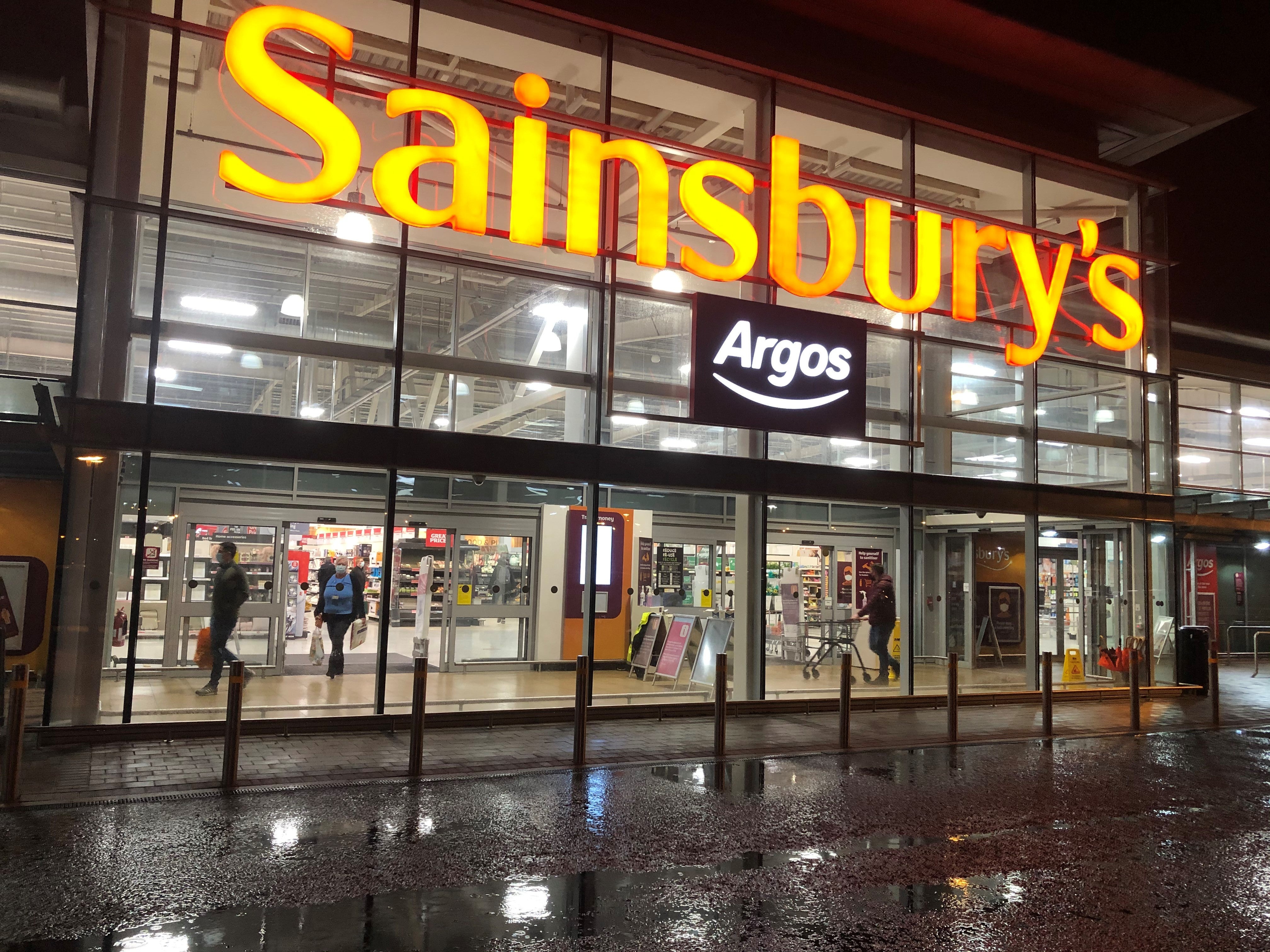Sainsbury’s is doing rather well for itself. Here’s why that presents a problem
Customers will find bumper profits difficult to swallow in the middle of a cost of living crisis, leaving supermarkets with a difficult PR needle to thread, writes James Moore


“We really understand how hard it is for millions of households right now and that’s why we are investing £500m and doing everything we can to keep our prices low, especially on the products customers buy most often.”
So said Sainsbury’s CEO Simon Roberts, kicking off the group’s first-quarter trading statement.
These are supposed to be released for the benefit of the City, which will have been reassured by the headline immediately above those lead-off quotes. It declared that trading was in line with expectations and that the outlook was unchanged. Right now, that counts as some kind of achievement.
But Roberts zeroing in on customers – and making a big song and dance about the efforts he says the grocer is making on prices – is by turns smart and telling.
Sainsbury’s expects to made “underlying profits” before tax of between £630m and £690m. Those are big numbers. They are the sort of numbers that will warm the cockles of the grocer’s shareholders ahead of Thursday’s AGM. When, by the way, there’s a vote scheduled on whether the group should seek accreditation from the Living Wage Campaign (Sainsbury’s already pays Living Wage rates to its own staff, but accreditation requires that you extend it to your contractors).
It appears the City was pleased with the supermarket group’s results. Its share price held up notably well on what was otherwise a dark day for the markets, as the Bank of England gave a bleak assessment of economic prospects for the UK and the wider world. Threadneedle Street said conditions had “deteriorated materially”.
Customers faced with that harsh reality may view Sainsbury’s relative buoyancy with disdain as they grapple with inflation, which is forecast to hit 11 per cent, and interest rates, which are also set to keep rising.
Roberts knows this.
He probably remembers what happened after the financial crisis, when the banks had got back on their feet and were earning again while people were still losing their jobs. Announcements of bumper profits went down like a shelf full of rotting perishables at the time.
True, neither Sainsbury’s nor any of its peers have been bailed out with public money, as some financial institutions were during the 2008 crisis. But they nonetheless face a similar problem.
It just doesn’t look good to be earning too much at a time when people are literally struggling to keep their kids fed while left-wing economists call for price controls on essentials. Fun fact: an open letter by Labour’s former shadow chancellor, John McDonnell, calling for the introduction of price controls on fuel, rents and basic food, was backed by Ann Pettifor, the noted economist who predicted the banking crisis of 2008.
The trouble with such measures is obviously that food producers will stop producing if they feel they can’t make a return at a time when their prices are rising, too. It would be better to put money in the pockets of the poorest by increasing universal credit (which should already have been done).
But a call for price controls is the sort of thing people are going to pay attention to, especially when supermarkets are announcing big profits. And if you think Sainsbury’s numbers are impressive, just wait until you see what Tesco is set to to serve up given the way its market share and sales have been going.
No wonder Roberts said: “We’re working hard to reduce costs right across the business so that we can keep investing in these areas that customers care most about. The progress we are making on improving value, quality, innovation and service is reflected in our improved grocery volume market share.”
You can expect more of the same in future trading statements issued by the UK’s top two supermarkets. They have a very difficult public relations needle to thread. Their two biggest rivals – Morrisons and Asda – have it easier because they’re privately owned, so they don’t have to cough up numbers like this. But they’re also doing much less well.
PS – While we’re at it, the grocery industry’s bosses probably ought to tread carefully when it comes to bonuses. If chunky profits are combined with big bonuses, their struggling customers really will be upset, and you can hardly blame them.
Join our commenting forum
Join thought-provoking conversations, follow other Independent readers and see their replies
Comments
Bookmark popover
Removed from bookmarks